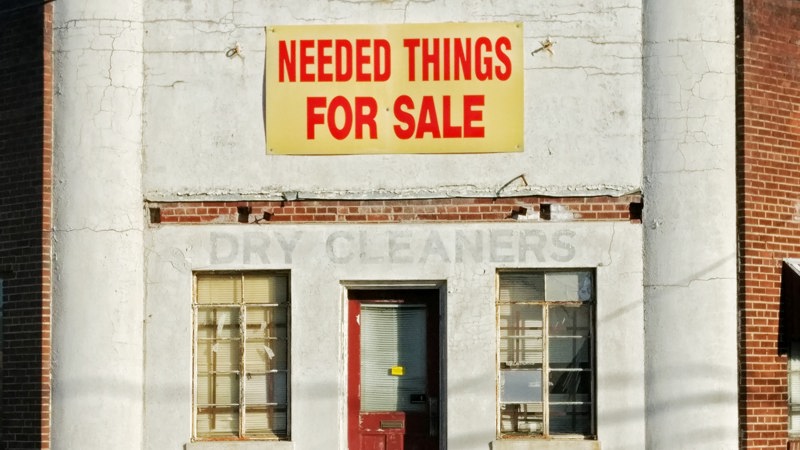
The challenges facing the UK’s traditional bricks-and-mortar retailers now feature regularly in the news. We have seen the loss of a number of major retail brands over the last year, and many more face uncertain futures. Today’s headlines talk of city centres becoming ‘ghost towns’ as stores close, never to be replaced.
These latest headlines come from a new report produced by a Parliamentary Committee looking into the future of the high street. In their report, the MPs involved identify the profound impact that the growth of online sales has had on bricks-and-mortar retail.
The internet is radically reshaping how we shop and so to some extent a decline in bricks-and-mortar retail is inevitable. But as the report identifies, there are other factors at play. Key among them is the role of business rates, a tax levied on the value of business property. Retailers with their bricks-and-mortar stores pay a lot of business rates - retail as a whole constitutes around 5% of the economy, but pays 25% of the business rates bill.
The cost of business rates isn’t new, but what has changed with the internet is a new breed of online competitors that pay much lower business rates. A warehouse or distribution centre is worth much less than a large store in a city-centre. The report finds that Amazon’s rates bill is 0.7% of turnover compared to 1.5%-6.5% for bricks-and-mortar retailers. Those differences matter when profit margins in retail are typically on the order of 2%.
The report calls for a number of reforms. Critical in their view is the need to level the playing field between retailers and overhaul the business rates system. Options include the introduction of an online sales tax, new taxes on deliveries or higher VAT. Other reform ideas include barring upward-only rental contracts and creating more green spaces.
Reform is never easy, but if we as a society value bricks-and-mortar retail and the contributions it makes then it is clear that something needs to be done. We cannot (and would not want to) turn back the clock and stop online shopping, but we can ensure that retailers compete on a level playing field. Today’s report is a good move toward igniting a vital debate on the future of retail.
Frontier regularly advises retailers on business strategy.
For more information, please contact media@frontier-economics.com or call +44 (0) 20 7031 7000




